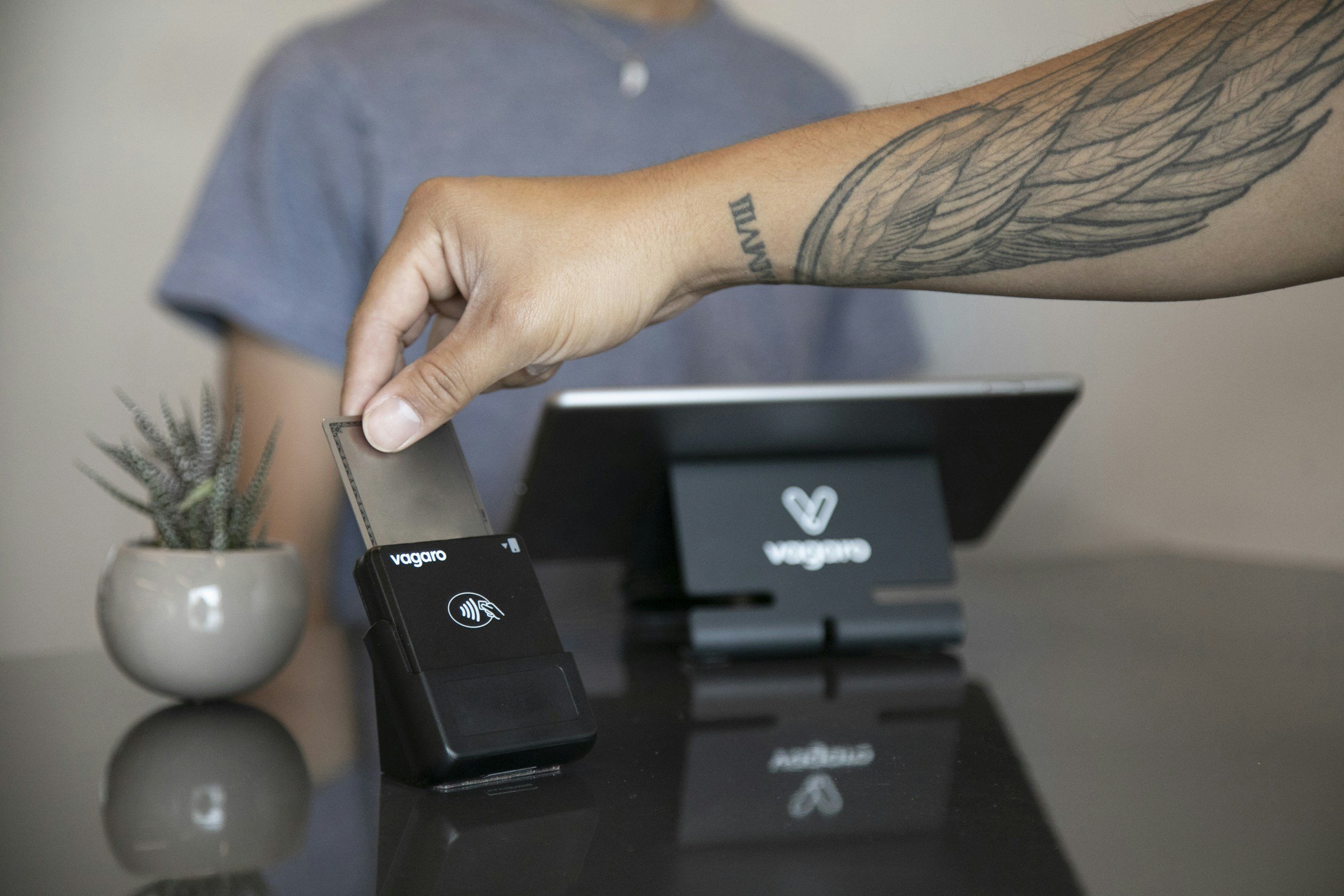Understanding Payments on Account for Self-Assessment
If you’re new to Self-Assessment, the concept of Payments on Account can be a bit confusing. These payments are essentially advance payments towards your tax bill, and they are required if you’re a self-employed individual or have income that isn’t taxed at source. In this blog post, we’ll break down what Payments on Account are, who needs to make them, and how they work.
What Are Payments on Account?
Payments on Account are advance payments towards your Income Tax and Class 4 National Insurance contributions (if applicable) for the next tax year. These payments are made twice a year, typically on:
31st January
31st July
Each payment is an estimate based on your previous year’s tax bill. This system helps HMRC ensure that you’re paying your taxes on time and in instalments, rather than facing a large tax bill all at once.
Who Needs to Make Payments on Account?
You’ll need to make Payments on Account if your tax bill for the previous year was more than £1,000, unless more than 80% of your tax was collected at source (e.g., through PAYE). This is common for self-employed individuals, landlords, and those with untaxed income from investments or other sources.
If your total Self-Assessment bill is less than £1,000 or if most of your tax is already collected through PAYE, you won’t need to worry about Payments on Account.
How Are Payments on Account Calculated?
Each Payment on Account is calculated based on 50% of your previous year’s tax bill. For example, if your total tax bill for 2022/23 was £4,000, you’ll need to make two Payments on Account of £2,000 each in January and July 2024.
Here’s how it works:
Example:
Total tax bill for 2022/23: £4,000
Payment on Account due on 31st January 2024: £2,000
Payment on Account due on 31st July 2024: £2,000
These payments go towards your 2023/24 tax bill. However, if your actual tax bill for 2023/24 ends up being higher or lower than expected, you’ll need to pay or reclaim the difference in the following January.
What Happens If Your Income Changes?
If you expect your income to decrease in the current tax year, you can apply to reduce your Payments on Account. However, it’s important to be cautious when doing this, as underpaying can lead to interest charges. If your income ends up being higher than expected, you’ll need to pay the difference by the next 31st January deadline.
Alternatively, if your income increases and your tax liability is higher than your Payments on Account, you’ll need to pay a ‘balancing payment’ to settle the outstanding amount.
What Is a Balancing Payment?
A balancing payment is any remaining tax that you owe for the tax year after your Payments on Account have been made. This payment is due on 31st January, along with your first Payment on Account for the following year.
For example, if your total tax bill for 2023/24 is £5,000 but you’ve already paid £4,000 through your Payments on Account, you’ll need to pay the remaining £1,000 (the balancing payment) by 31st January 2025.
How to Pay Your Payments on Account
Paying your Payments on Account is straightforward. You can make payments via:
Online or telephone banking (Faster Payments)
Direct Debit
Debit or credit card
Bacs or CHAPS
Cheque
Make sure to allow time for your payment to reach HMRC, especially if you’re using a slower payment method like a cheque.
What If You Miss a Payment?
If you miss a Payment on Account deadline, HMRC will charge you interest on the late payment. The longer you delay, the more interest you’ll accrue. To avoid this, it’s a good idea to plan ahead and ensure you have enough funds set aside to cover your tax obligations.
How Lloyds Accountancy Can Help
Navigating Self-Assessment and Payments on Account can be tricky, but at Lloyds Accountancy, we’re here to help. Our team of tax experts can guide you through the process, ensuring that your Payments on Account are accurate and that you stay on top of your tax obligations.
Whether you’re self-employed, a landlord, or have other sources of untaxed income, we can provide personalised advice and support to help you manage your tax payments and avoid any unexpected surprises.
Don’t leave your Self-Assessment to chance! Contact Lloyds Accountancy today to get expert help with your Payments on Account and other tax matters. We’ll make sure you stay compliant and on top of your tax obligations, giving you peace of mind and more time to focus on your business.

